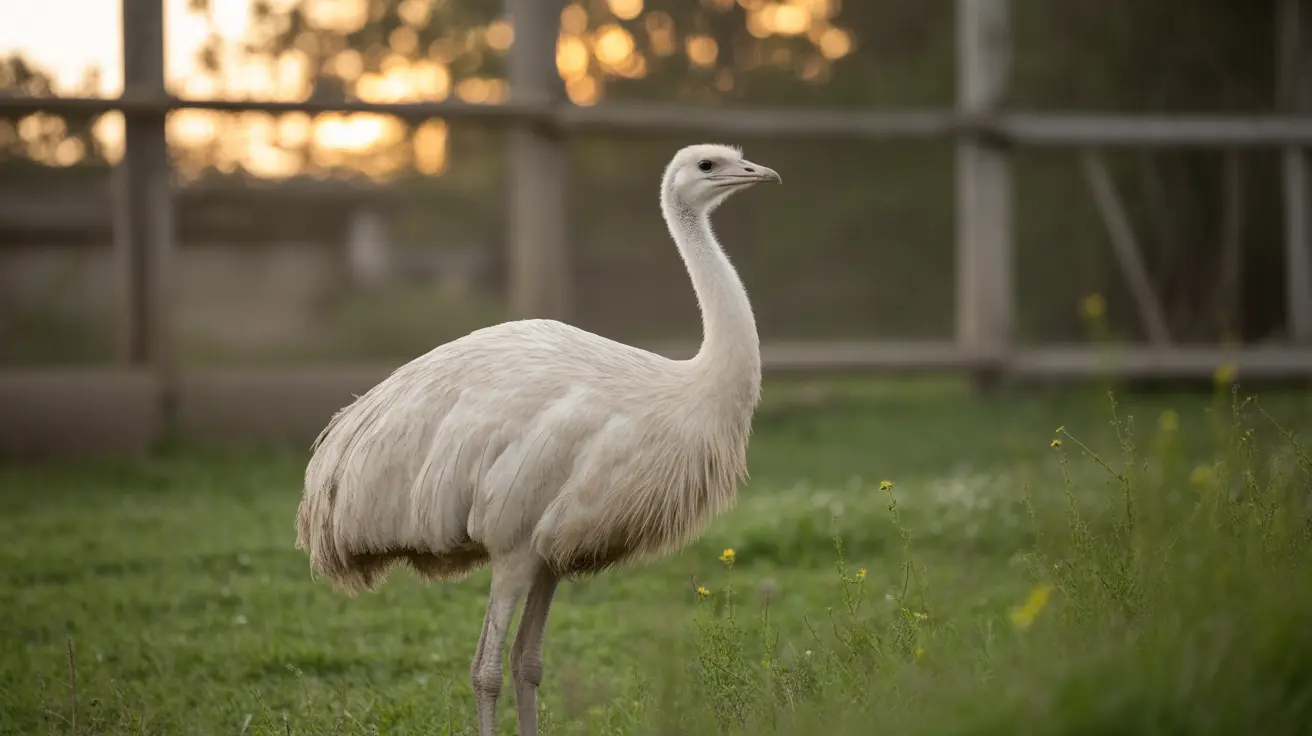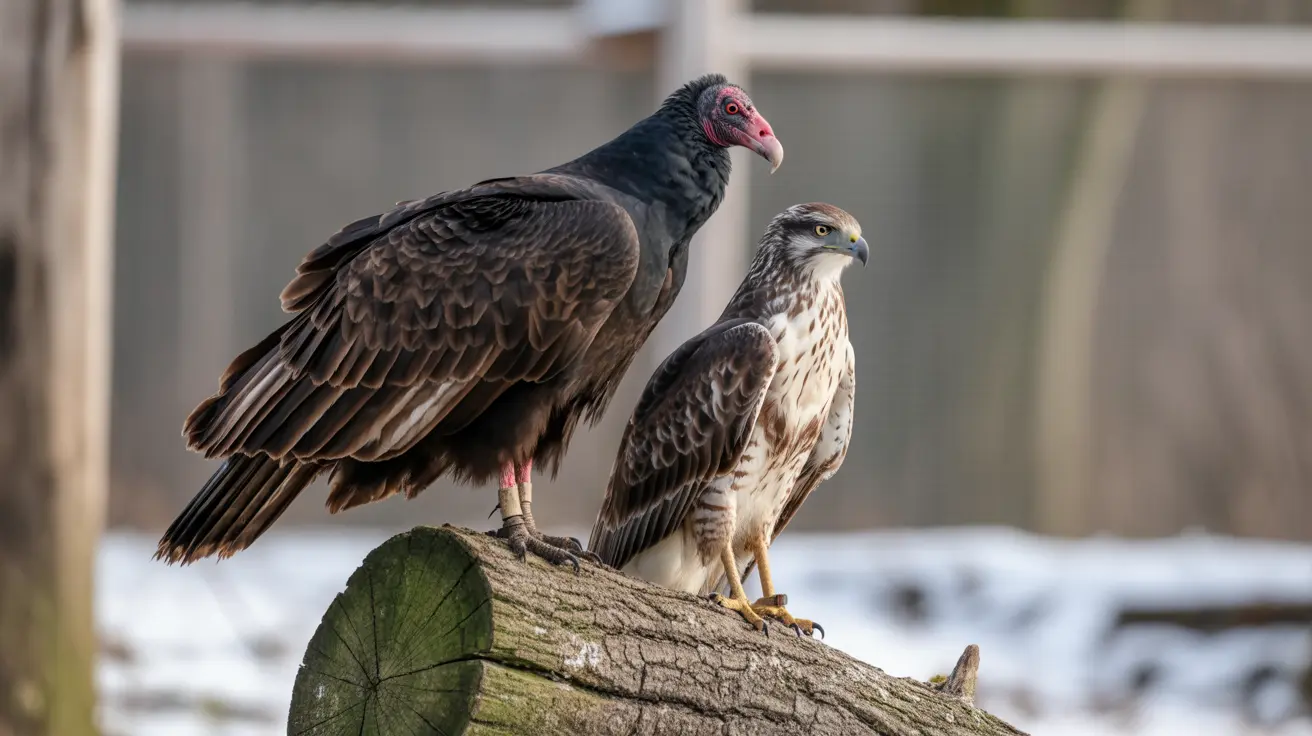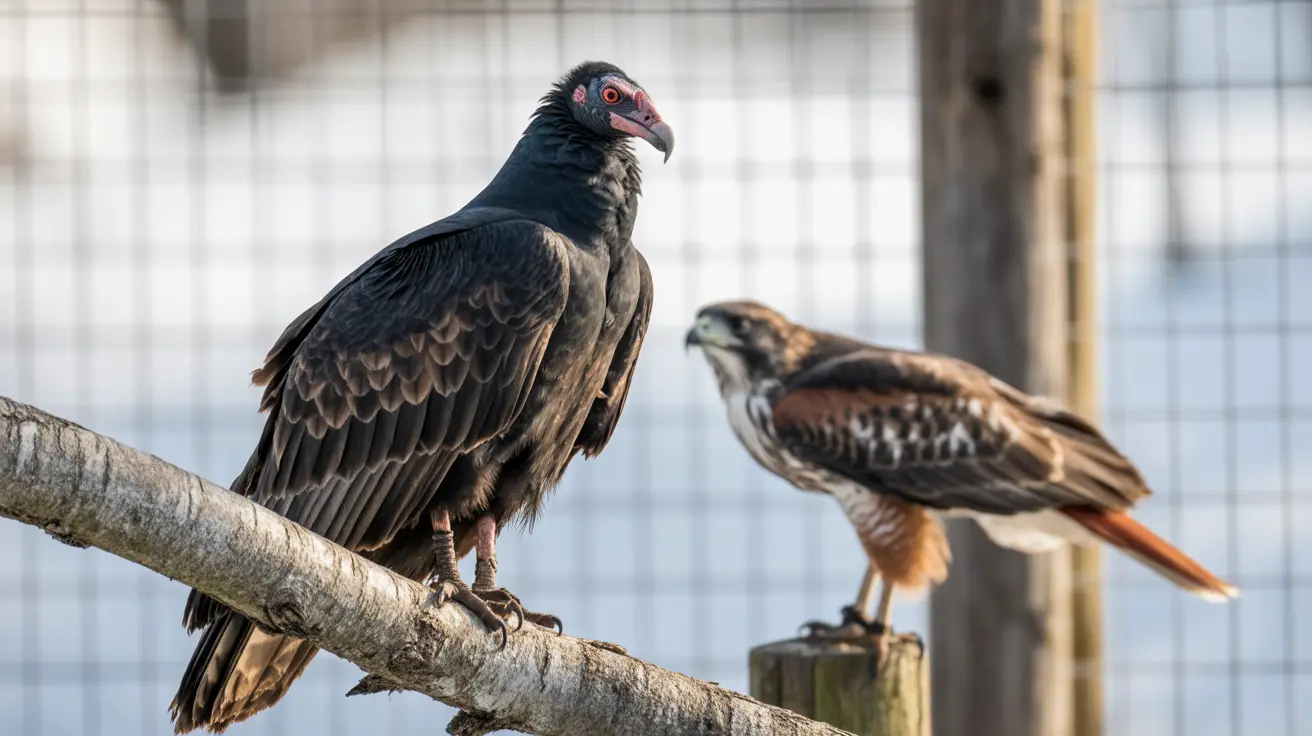The Quietest Dog Breeds: Peaceful Companions for a Serene Home
For dog lovers seeking a calm and quiet living environment, choosing a breed with a low tendency to bark is essential. While barking is a natural form of canine communication, some breeds naturally vocalize less than others. These low-noise dogs can be ideal for apartment dwellers, those with noise-sensitive neighbors, or individuals who simply prefer a peaceful household.
Why Some Dogs Are Quieter Than Others
The amount a dog barks depends on several factors, most notably:
- Breed characteristics: Some breeds were selectively bred for quiet hunting or guarding abilities.
- Temperament: Dogs with a calm, reserved demeanor tend to vocalize less.
- Training and environment: Proper socialization and stimulation help prevent excess barking.
Top Quiet Dog Breeds
The following breeds are frequently noted for their low vocalization traits:
- Basenji: Known as the “barkless dog,” the Basenji produces unique yodeling or chortling sounds due to its unusual larynx structure. This dog is clean, independent, and extremely quiet.
- Borzoi: Dignified and reserved, this sighthound rarely barks, preferring to conserve its vocalization for rare occasions.
- Greyhound: Known for its quiet, gentle nature, the Greyhound is surprisingly tranquil despite its racing background.
- Whippet: Smaller than Greyhounds but equally calm, Whippets are gentle, affectionate, and seldom bark.
- Scottish Deerhound: This noble, large-sized breed is relaxed and known for being undemanding and quiet.
- Saluki: Independent and aloof, the Saluki rarely feels the need to make noise, except in exceptional circumstances.
- Bernese Mountain Dog: Big, loving, and peaceful, this breed is known to bark only when necessary.
- Newfoundland: Famous for its sweet nature, the Newfoundland prefers to stay quiet and calm.
- Saint Bernard: These gentle giants are affectionate and protective, but not overly vocal.
- Mastiff and Bullmastiff: Vigilant yet calm, these breeds typically bark only when they perceive a real threat.
- Akita: This alert and intelligent breed will vocalize only to warn against true danger.
- Chow Chow: Aloof and independent, the Chow Chow barks only when it senses a genuine threat.
- Shar-Pei: With a serene disposition, this breed is known for vocal restraint and stoic demeanor.
- Cavalier King Charles Spaniel: This affectionate lap dog is gentle and not prone to loud behavior.
- French Bulldog: With its low energy and easygoing attitude, this breed generally communicates softly and infrequently.
- Bulldog: Known for its docility, the Bulldog is more likely to snore than bark.
- Pug: Playful and loving, Pugs tend to snort and grunt more than bark excessively.
- Shiba Inu: Typically reserved, this breed is quiet unless provoked—though its infamous “Shiba scream” may occur when distressed.
- Japanese Chin: With a cat-like disposition, this elegant toy breed prefers silence and usually refrains from barking.
- Irish Setter: Despite being energetic, the Irish Setter is not typically a loud or vocal dog.
- Rhodesian Ridgeback: Originally bred for guarding, this breed remains quiet unless it senses a legitimate alert situation.
Training for Quiet Behavior
While genetics play a crucial role in vocal tendencies, proper training, exercise, and socialization can dramatically reduce barking—even in naturally vocal breeds. Dogs that are:
- Well-exercised are less likely to bark out of boredom.
- Properly socialized are less likely to vocalize from anxiety.
- Emotionally secure feel less need to bark to get attention.
Summary
Choosing a quiet dog involves a mix of knowing breed tendencies and providing a nurturing, engaging environment. Whether you live in a quiet neighborhood, an apartment building, or just value a tranquil home, breeds like the Basenji, Greyhound, French Bulldog, and many others offer companionship without the noise. Understanding your potential pet's vocal nature and giving it the right care ensures harmony for both the dog and its human companions.





